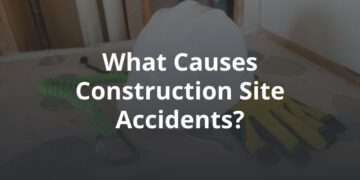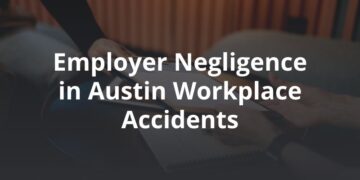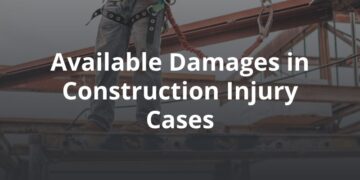The death of a loved one is inevitably traumatic. With the emotional pain and suffering comes the difficulty of making decisions about how to properly honor the loved one’s life, and unfortunately sometimes whether or not to seek compensation for their loss when it was caused by another’s negligence, recklessness, or carelessness.
Under the law, people who are suing for wrongful death are not suing on behalf of the deceased person. They are suing on behalf of themselves for their own losses caused by the death of a loved one.
FVF’s wrongful death attorneys can help you seek the financial retribution and closure you deserve. They can also help investigate the circumstances surrounding the events that took your loved one’s life and — when necessary — provide crucial information to hold the responsible party accountable.
What Is a Wrongful Death Lawsuit?
Along with the acute grief that accompanies the loss of a close family member often comes financial burdens. However, wrongful death lawsuits provide compensation for losses experienced in the event of a loved one’s death.
While no one likes to consider that they may have to one day pursue a wrongful death lawsuit upon losing a loved one, it does happen. A person or even business may be liable for wrongful death in circumstances where there has been:
- Negligence or a failure to provide reasonable care
- “Wanton or reckless” action
- Danger to a person due to a product’s “breach of warranty”
The emotional damages for surviving family members in a wrongful death case are immeasurable. However, not everyone is aware of the possibilities when it comes to recovering financial compensation. In a wrongful death lawsuit, the deceased person’s estate may file suit to recover compensation for losing the deceased person’s:
- Wage-earning capacity
- Care, maintenance, services, support, and advice, and counsel
- Love, companionship, comfort, and society
- Potential inheritance, including what the deceased would likely have saved and left to surviving family member
Additionally, wrongful death lawsuits may include compensation for mental and emotional anguish, pain, and suffering, as well as medical expenses related to the incident leading to your loved one’s death. Compensation may even cover mental health care for surviving family members to cope with the trauma.
Who Can Sue for Wrongful Death?
In Texas, several surviving family members have legal standing to seek recovery in a wrongful death suit. One of these surviving family members may file the suit as an individual, or a group of them may choose to file together.
- The spouse of the deceased person, including common-law
- The children of the deceased person, including adult children and legally adopted children
- The parents of the deceased person
If the surviving spouse, children, or parents do not file a wrongful death claim within three months of the date of death, the personal representative (executor) of the decedent’s estate may file the claim. This may be a family member not otherwise eligible to file suit, or it may be any other party designated by the probate court.
The exception to an estate representative filing suit is when a surviving spouse, child, or parent specifically requests that the executor not file a wrongful death claim.
Why Choose FVF Law for My Wrongful Death Case?
The personal injury attorneys at FVF have years of experience supporting those who have lost a loved one to wrongful death. We know the Austin court systems, and we will help you fight for the resolution and recovery you deserve when you have lost a loved one to negligence or misconduct.
We understand that money cannot bring back your loved one, but we also know that the road to healing is more difficult when you are also concerned about finances.
We take cases only on a contingency basis, meaning we do not charge clients unless we are able to recover compensation. We will only take your case if we are confident that you have an opportunity to recover at least enough to cover our expenses in fighting for your case in addition to the compensation you deserve.
If you need support understanding your rights and and options following the sudden death of a loved one, contact us today for a free consultation.







